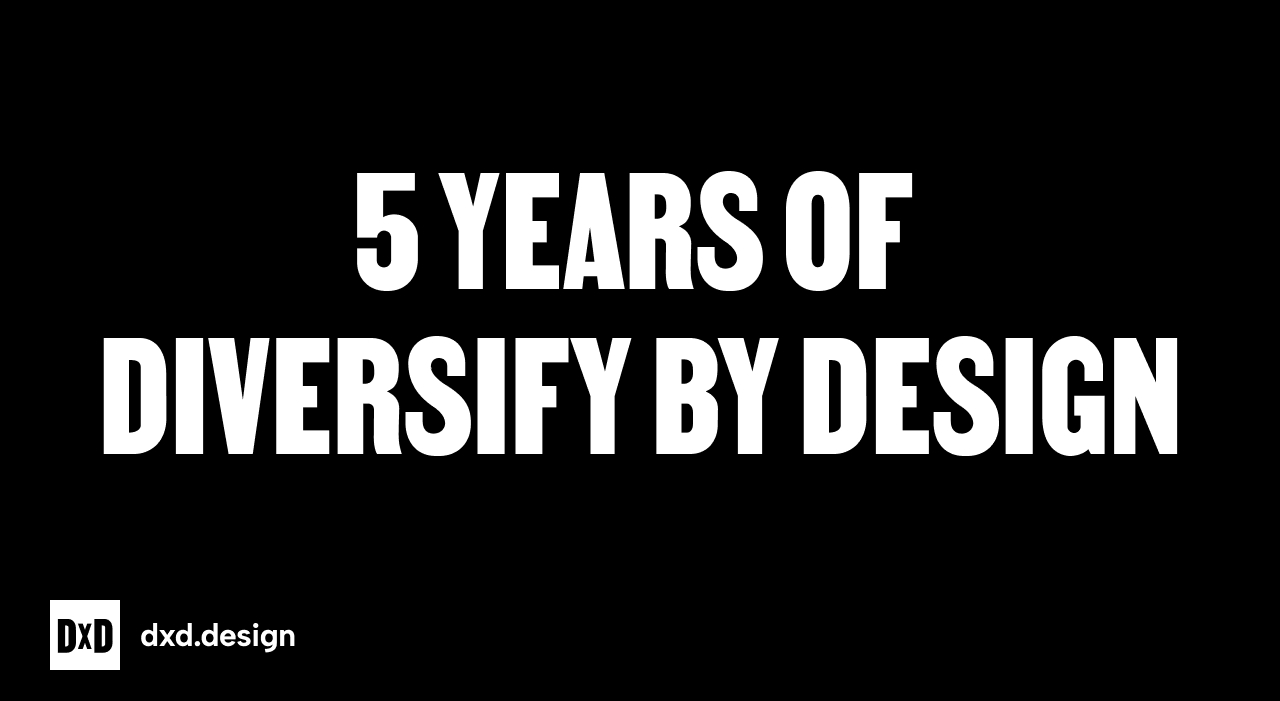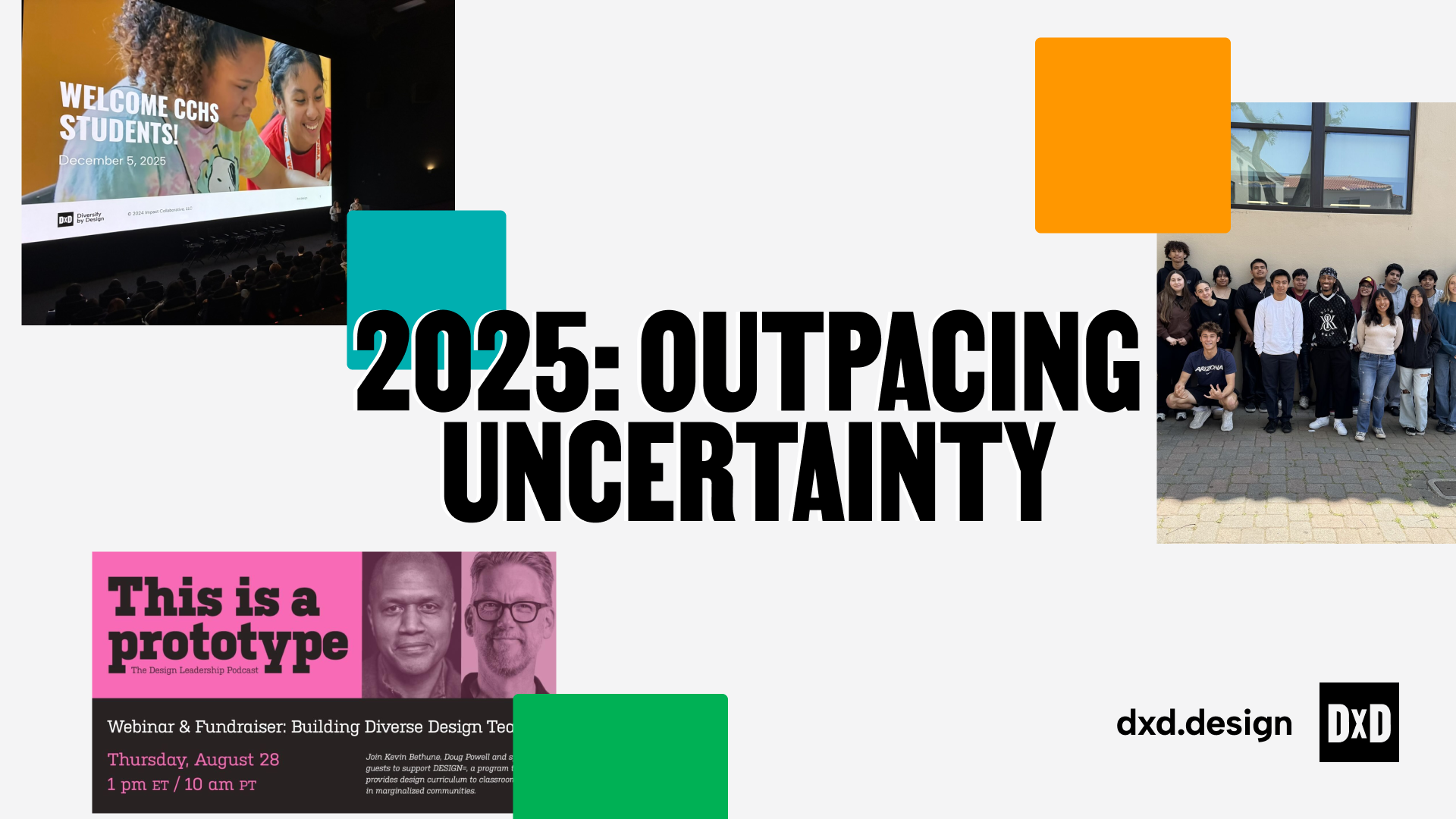What Red Is to Coca-Cola Is What Juneteenth Has Become to America

By Alaysia Brown, Community Manager, Diversify by Design
I didn’t grow up celebrating Juneteenth.
I grew up in southern Louisiana. Duck Dynasty country.
Where people passed down faith, food, and survival.
But Juneteenth? That wasn’t one of the things they passed.
I’m sure had the elders been taught about it they would have passed it down to their children and then my parents to me, but when you’re raising children in the Jim Crow South (i.e. my grandparents), celebrating Juneteenth probably falls pretty low on your to do list.
So when the holiday started showing up in the form of ice cream, t-shirts, and email sales...
it hit me in a strange place.
Like: wait. Y’all are celebrating this?
And I just got here?
What red is to Coca-Cola is what Juneteenth has become to America.
Branded. Marketed. Made palatable.
Another way to sell the feeling of freedom without the truth of it.
Charles M. Blow said it better than I ever could:
“Emancipation was not true freedom… It was freedom with more strings attached than a marionette.”
And that’s where I pause. Because while I’m grateful Juneteenth is now more prominent and Black kids around the world may not have to wait until they're in their late 20s to truly understand Juneteenth, I can’t pretend it’s not also a masterclass in the design of injustice. Slavery wasn’t accidental. It was designed. And so was the fact that slaves did not find out until two years later about their liberation. That was by design. And so was the long, slow walk Black folks had to take (and are still taking) toward anything even resembling liberation. The systems. The laws. The loopholes. The lies. All of it—designed.
And so here we are, trying to reclaim a truth that was never meant to be preserved.
For me? Juneteenth sits at the center of that tension.
Because I didn’t grow up with it—but I plan to pass it down.
Not just as a holiday, but as a living truth.
My kids won’t learn about it from a Target display.
They’ll learn about it in the kitchen, in conversation, through legacy.











